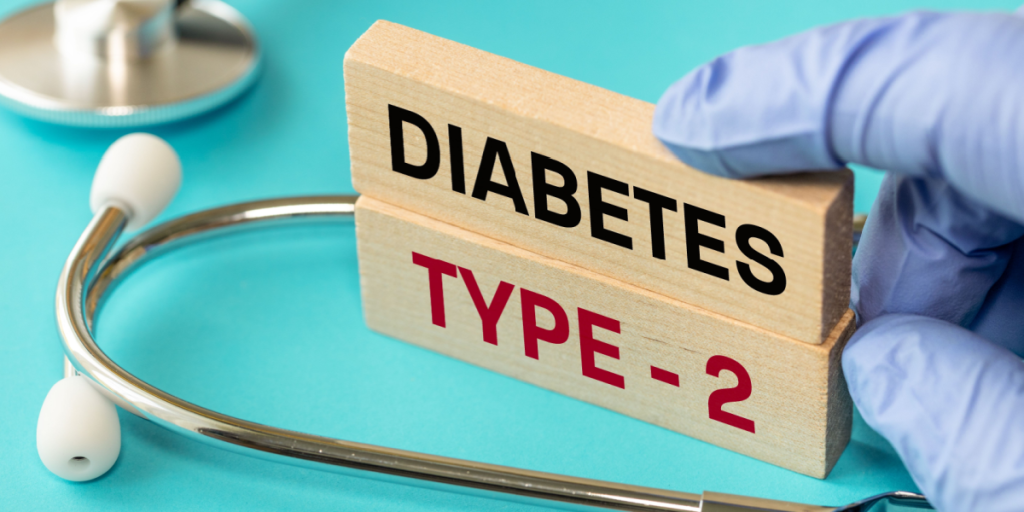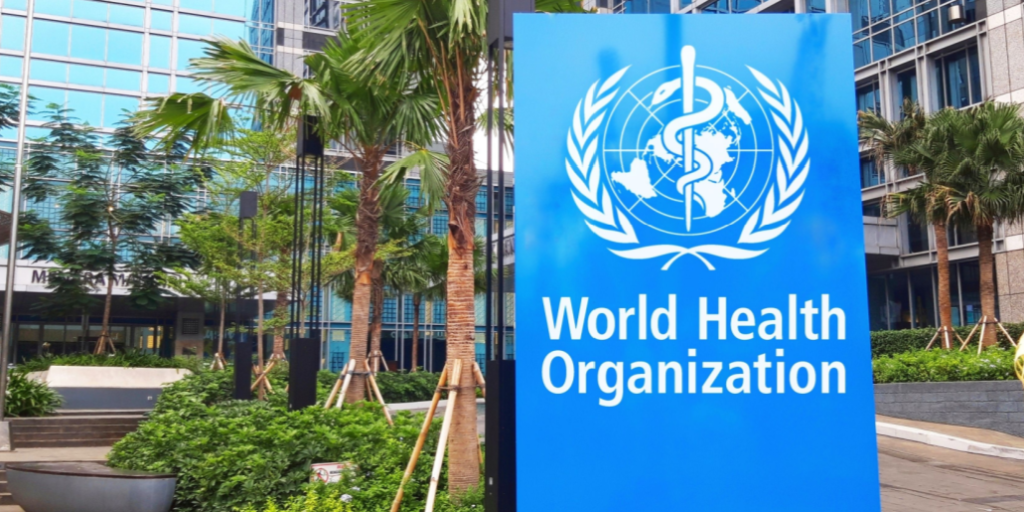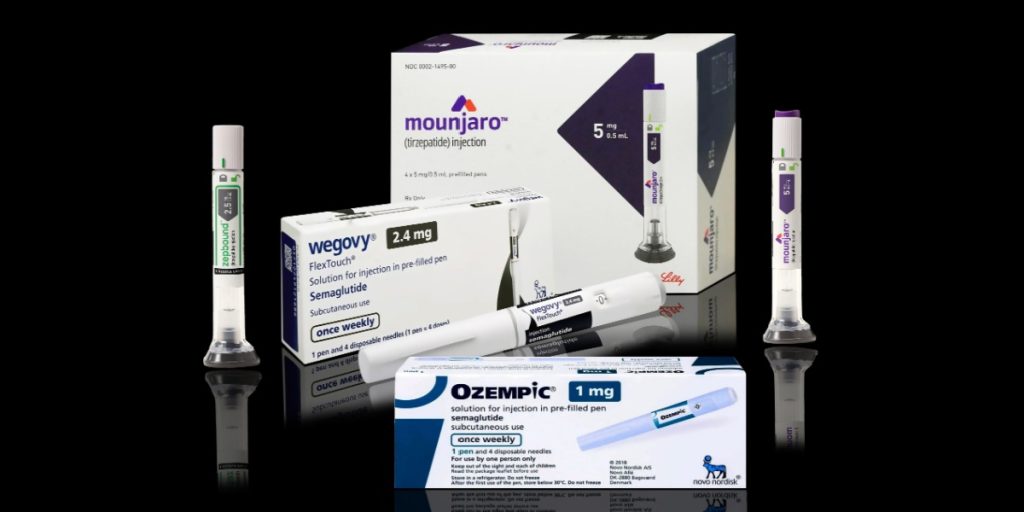The World Health Organization plans to officially back using weight-loss drugs like Wegovy and Zepbound to battle obesity globally.
Others are reading now
The World Health Organization plans to officially back using weight-loss drugs like Wegovy and Zepbound to battle obesity globally.
A Global Health Issue

According to the World Health Organization (WHO), more than a billion people worldwide are now considered to be obese.
Numerous health risks

Science has proven again and again that obesity is linked to a higher risk of several health issues like Type 2 Diabetes, high blood pressur, some strings of cancer as well as breathing problems.
A historic shift

To boost the battle against global obesity, WHO now plans to back the use of weight-loss drugs to treat obesity in adults, Reuters reports based on a memo from WHO.
Also read
Years in the making

In an email to Reuters, a WHO spokesperson said that the organization has been working on a new set of recommendations for the prevention of obesity as well as care and treatment for different age groups, since 2022.
Up to 20 percent decrease in bodyweight

Wegovy and Zepbound are known as GLP-1 receptor agonists. They mimic the activity of a hormone in the body that slows down digestion as well as making the users feel full for longer, decreasing the risk of snacking or overeating. The drugs have been shown to decreas bodyweight by as much as 20 percent – but it comes at a cost.
Only for high-income countries?

The drugs have been launched in countries such as the United States as well as Great Britain and Germany. However the cost of the drugs can exceed $1000 US Dollars a month – and that’s a concern when fighting global obesity.
70 percent in low- and middle-income countries

The World Bank estimates that approximatly 70 percent of obese global population live in low- og middle-income countries. As studies of the drugs have also shown that users might need to take it for the rest of their lives to keep the weight down, this is a big hurdle in the use of the drugs on a global scale.
Cheaper products on the way

Several companies, however, are planning to produce and launch cheaper generic versions of the drug. The active ingredient in the older generation of weight-loss drugs, Liraglutide, is already being used in this way, and products have been approved in both Europe and the U.S. according to the memo.
Rejected in 2023

Looking back a couple of years, WHO actually decided not do add the hyped weight-loss drugs to the agency’s list of essential medicine in 2023. At that time, more evidence was needed, the WHO said.
Ready in August or September

According to the WHO spokesperson, the recommendations are still being worked on, and they will be finalized in august og september of 2025. It will include recommendations on how and when the drugs should be integrated as “one component of a chronic care model that includes both clinical and lifestyle interventions”, the spokesperson said.


